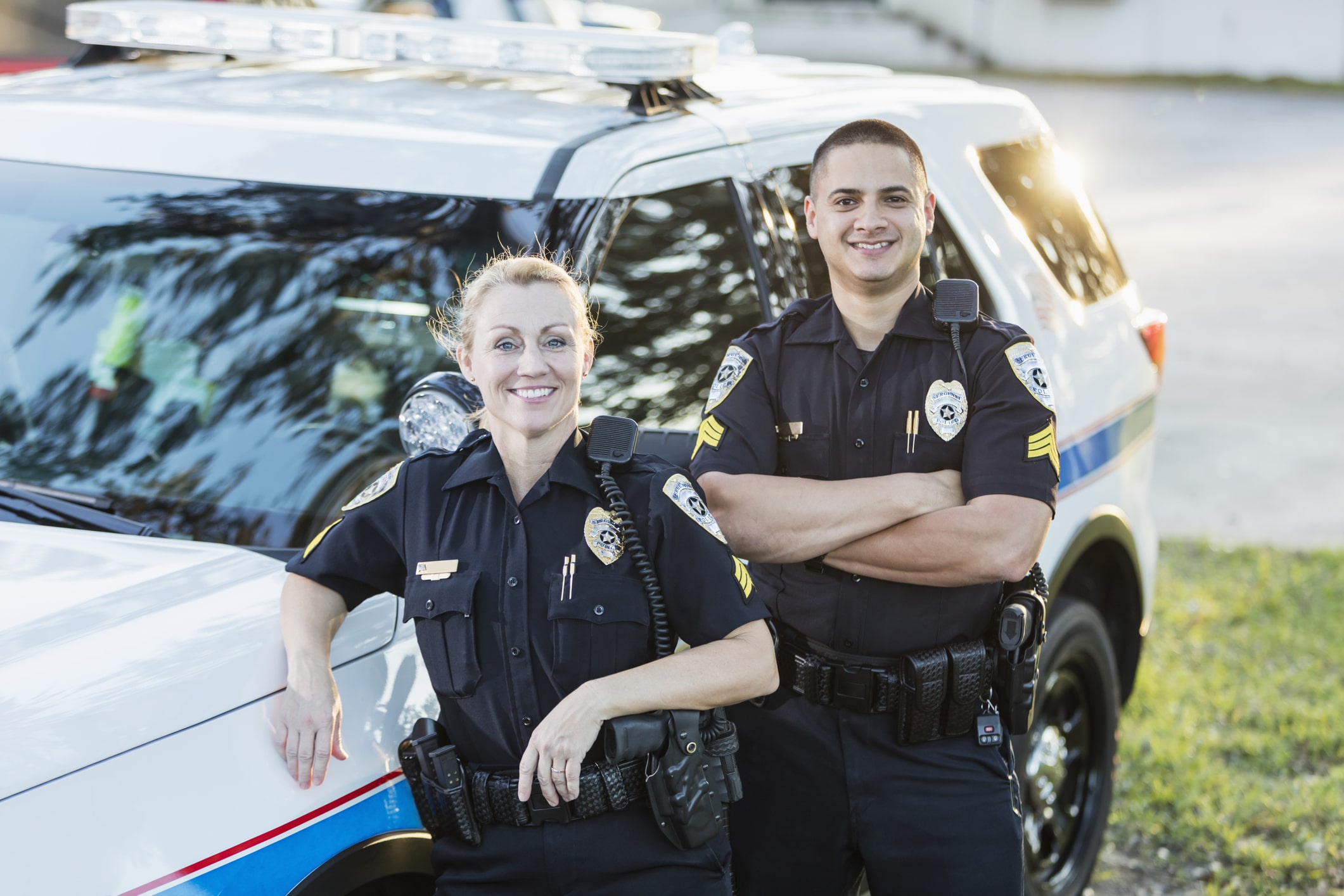Cooperation in the Process of Prosecution
Some reservation residents working in the tribal courts and state/county criminal justice
workers in Public Law 280 jurisdictions were asked whether they cooperated with state/county
or tribal officials, respectively, in determining the nature and sequence of prosecution of Indian
270
This document is a research report submitted to the U.S. Department of Justice. This report has not
been published by the Department. Opinions or points of view expressed are those of the author(s)
and do not necessarily reflect the official position or policies of the U.S. Department of Justice.
cases in county or state courts.3 Public Law 280 reservation residents were asked: To what
extent do you cooperate with the county/state officials in determining the nature and sequence of
prosecution? County criminal justice workers were asked:
To what extent do you cooperate
with tribal officials in determining the nature and sequence of prosecution?
Twenty-seven Public Law 280 reservation residents responded to the question, 3 (11.1%)
could not answer the question, and 1 (3.7%) said it depended on which jurisdiction made the
initial arrest. Eleven PL 280 reservation residents (40.7%) report they do not participate in
cooperative discussions with state or county officials in determining the nature and sequence of
Indian-related cases in county or state courts.
Twelve Public Law 280 criminal justice workers commented and 8 (66.7%) report they
do not cooperate with tribal officials in determining the nature and sequence of prosecution in
Indian-related cases in county or state courts. Four Public Law 280 criminal justice workers
(33.3%) say that they cooperate with tribal officials in determining the nature and sequence of
prosecution of Indian-related cases in county or state courts.
A higher proportion of Public Law 280 criminal justice workers (66.7%) say they do not
participate with tribal officials in determining the nature and sequence of prosecution of Indianrelated cases than Public Law 280 reservation residents (40.7%) report. The differences are not
statistically significant (F=2.25, df=1, 37, N=39, p=.14). Criminal justice workers and Public
Law 280 reservation residents agree that the rate of noncooperation between tribal officials and
state/county officials in determining the nature and sequence of prosecution for Indian-related
cases in county or state courts is in the range of 41 to 67%. The trend is toward reporting of less
cooperation by state/county officials, but the data are few, and more targeted studies are needed
to clarify how tribal and state/county criminal justice workers cooperate in determining the
nature and sequence of prosecution of Indian-related cases in state/county courts.
Are Cases Dropped Because of Legal Uncertainties?
Criminal justice workers in Public Law 280 and non-Public Law 280 jurisdictions were
asked: Do you ever see cases dropped because of legal uncertainties? We are looking for
comments about Public Law 280 jurisdictional ambiguities, but respondents answered this
question in a variety of ways. Twenty-two Public Law 280 criminal justice personnel responded,
and 14 (63.6%) report they do come across dropped cases owing to legal uncertainties. Nine
Public Law 280 criminal justice workers (36.4%) say they have observed cases dropped because
of legal uncertainties, such as Public Law 280 regulatory cases, lack of jurisdiction, unreliable
witnesses, or insufficient evidence.
271
3 As we have shown in Chapter 1, where tribal courts exist in Public Law 280 jurisdictions, few exercise criminal
authority. Juvenile- justice jurisdiction is more common on such reservations.
This document is a research report submitted to the U.S. Department of Justice.
This report has not
been published by the Department. Opinions or points of view expressed are those of the author(s)
and do not necessarily reflect the official position or policies of the U.S. Department of Justice.
Nine non-Public Law 280 criminal justice workers provided comments, and 3 (33.3%)
say they have not observed dropped cases because of legal uncertainties. Six non-Public Law
280 criminal justice personnel (66.7%) report some cases dropped because of legal uncertainties,
such as technicalities in written complaints, insufficient evidence, and cases involving lack of
jurisdiction over non-Indians.
These data suggest a trend toward more cases dropped because of legal uncertainties in
non-Public Law 280 tribal courts and less in Public Law 280 state/county courts, but the numbers
of respondents are too few to provide reliable results. Statistical testing does not yield a
statistically significant result (Fisher’s Exact Probability Test, df =1, p = .13, NS). More data
might solidify a trend and provide a significant result, but these data are not statistically different.
Criminal justice workers in Public Law 280 state/county courts and non-Public Law 280 tribal
courts report similar rates of dropped cases due to legal uncertainties.


